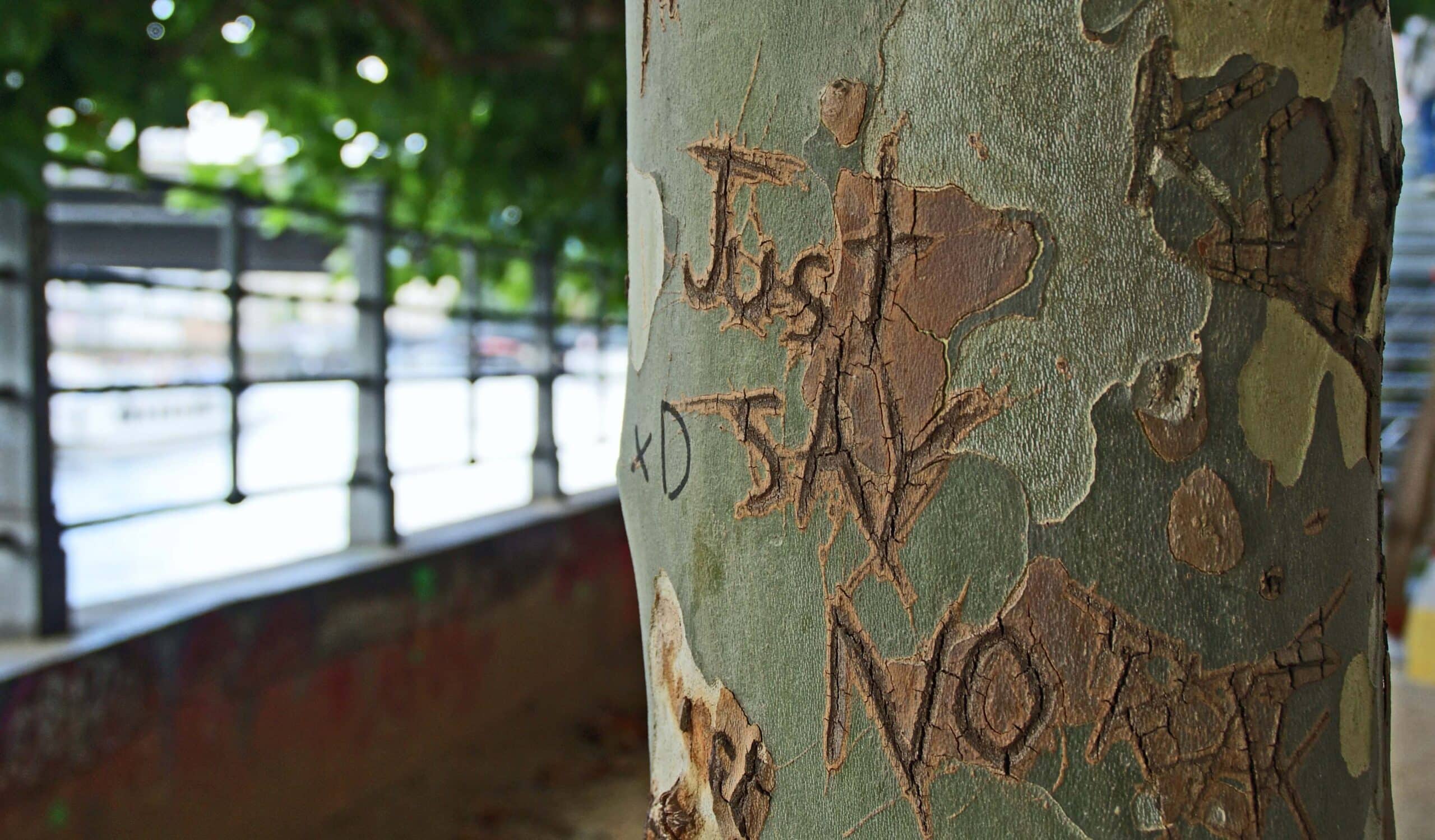How to focus better, the answer is saying no
In this article, you’ll find a simple actionable practice to the question, “How to focus better?”. The short answer is, saying “no.
Saying “no” can be difficult, but it’s a crucial skill to have if you want to take control of your time and energy and avoid being stretched too thin. In this article, we’ll explore five action points to help you learn how to say “no” more effectively and improve your focus.
Identify Distractions
The first step in learning how to say “no” effectively is to identify the things that distract you and take up your time. These distractions could be anything from social events and meetings to emails and notifications on your phone. Take some time to reflect on what distracts you and makes it difficult for you to focus.
Set Clear Boundaries
Once you know what you need to say “no” to, it’s important to set clear boundaries for yourself. This means deciding what you will and won’t do and making sure that other people know your boundaries as well. For example, you might decide that you won’t check your email after a certain time in the evening, or that you won’t accept any new tasks on Fridays.
Practice Saying “No”
Saying “no” can be difficult, especially if you’re someone who tends to be a people-pleaser. But the more you practice saying “no,” the easier it will become. Start small by saying “no” to things that don’t matter as much, and then work your way up to saying “no” to more important things. It can also be helpful to have a script ready to use when you need to say “no,” such as, “I’m sorry, but I’m unable to do that at this time.”
Be Firm and Direct
When you say “no,” it’s important to be firm and direct. This means that you need to say “no” clearly and without hesitation. Don’t make excuses or try to soften the blow by saying things like “I’m really busy right now” or “I’ll try to fit it in if I can.” Just say “no” and move on.
Prioritize Your Time and Energy
Finally, remember that saying “no” is not just about rejecting other people’s requests – it’s also about prioritizing your own time and energy. When you say “no” to something, it’s important to consider how that decision will impact your ability to focus and get things done. Is it worth saying “yes” to this request if it means that you won’t be able to complete a more important task?
By following these action points, you can start saying “no” more effectively and improve your ability to focus. Remember that saying “no” is a crucial skill to have if you want to take control of your time and energy and maximize your efficiency. So don’t be afraid to start saying “no” today!
Here’s another article you might about saying No from James Clear.
Here’s an article on memory systems from my blog

